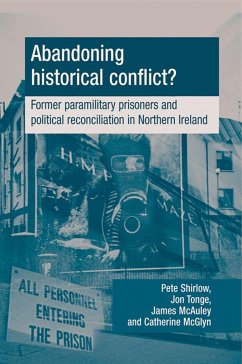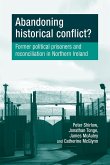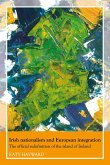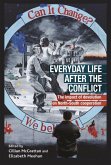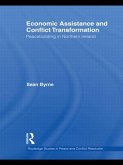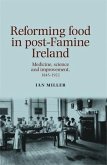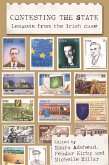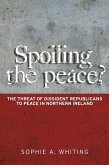Drawing on over 150 interviews with former IRA, INLA, UVF and UFF prisoners, this is a major analysis of why Northern Ireland has seen a transition from war to peace. Most accounts of the peace process are 'top-down', relying upon the views of political elites. This book is 'bottom-up', analysing the voices of those who actually 'fought the war'. What made them fight, why did they stop and what are the lessons for other conflict zones? Based on a Leverhulme Trust project and written by an expert team, the book offers a new analysis, based on subtle interplays of military, political, economic and personal changes and experiences. Combined, these allowed combatants to move from violence to peace whilst retaining core ideological beliefs and maintaining long-term constitutional visions.

